Friederike Feldmann
Printemps 2020
March 14 – May 23, 2020
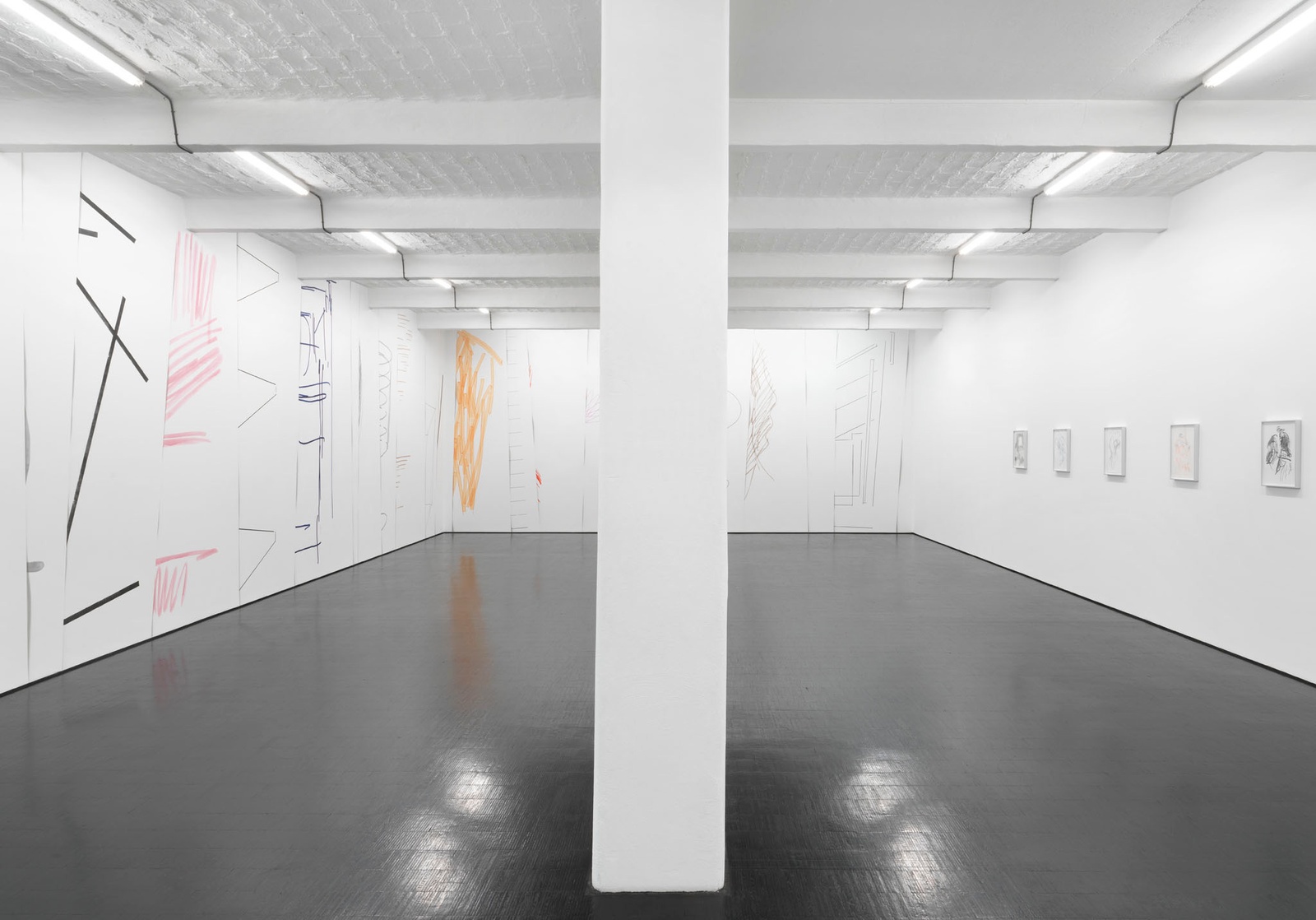
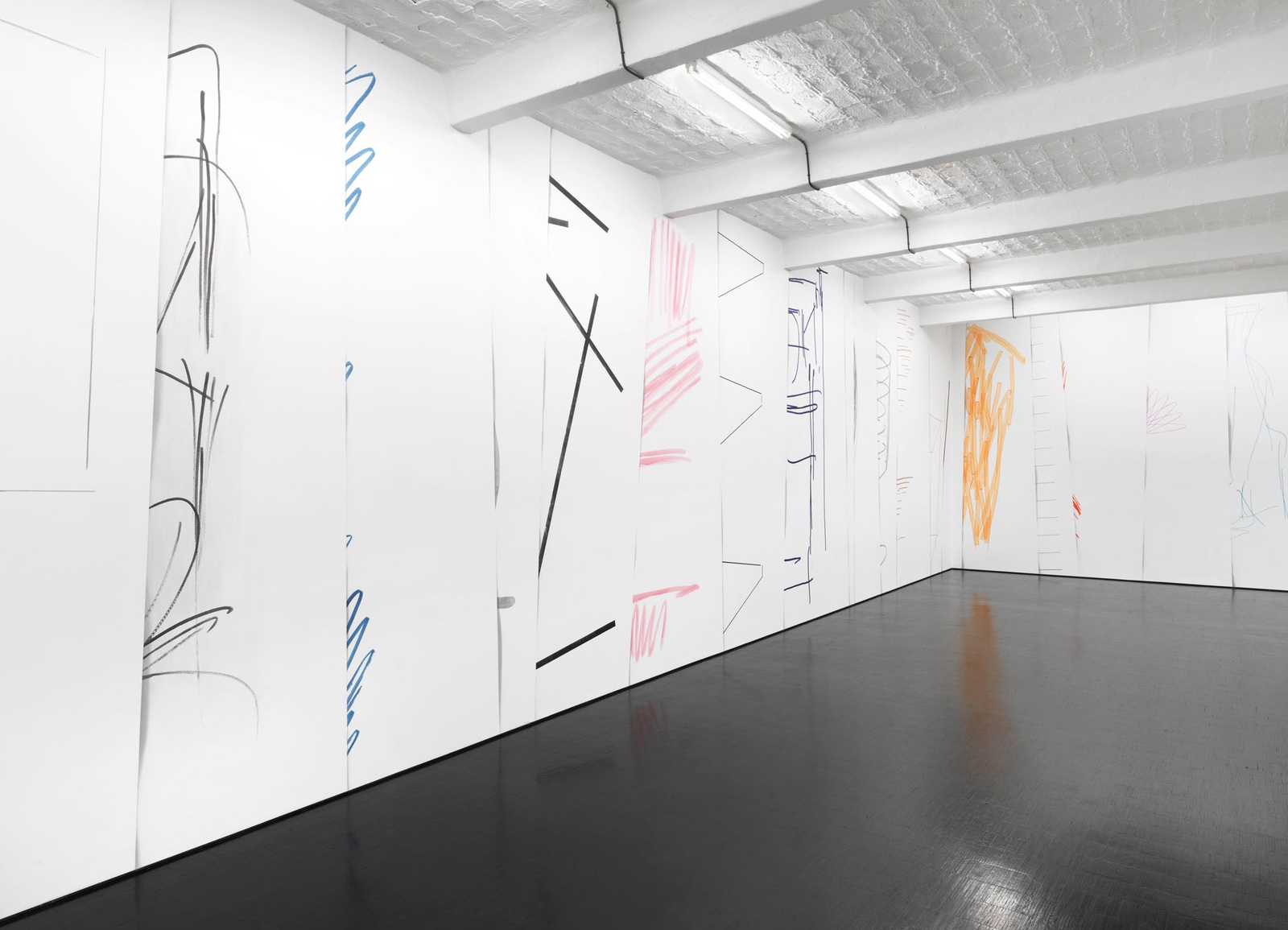
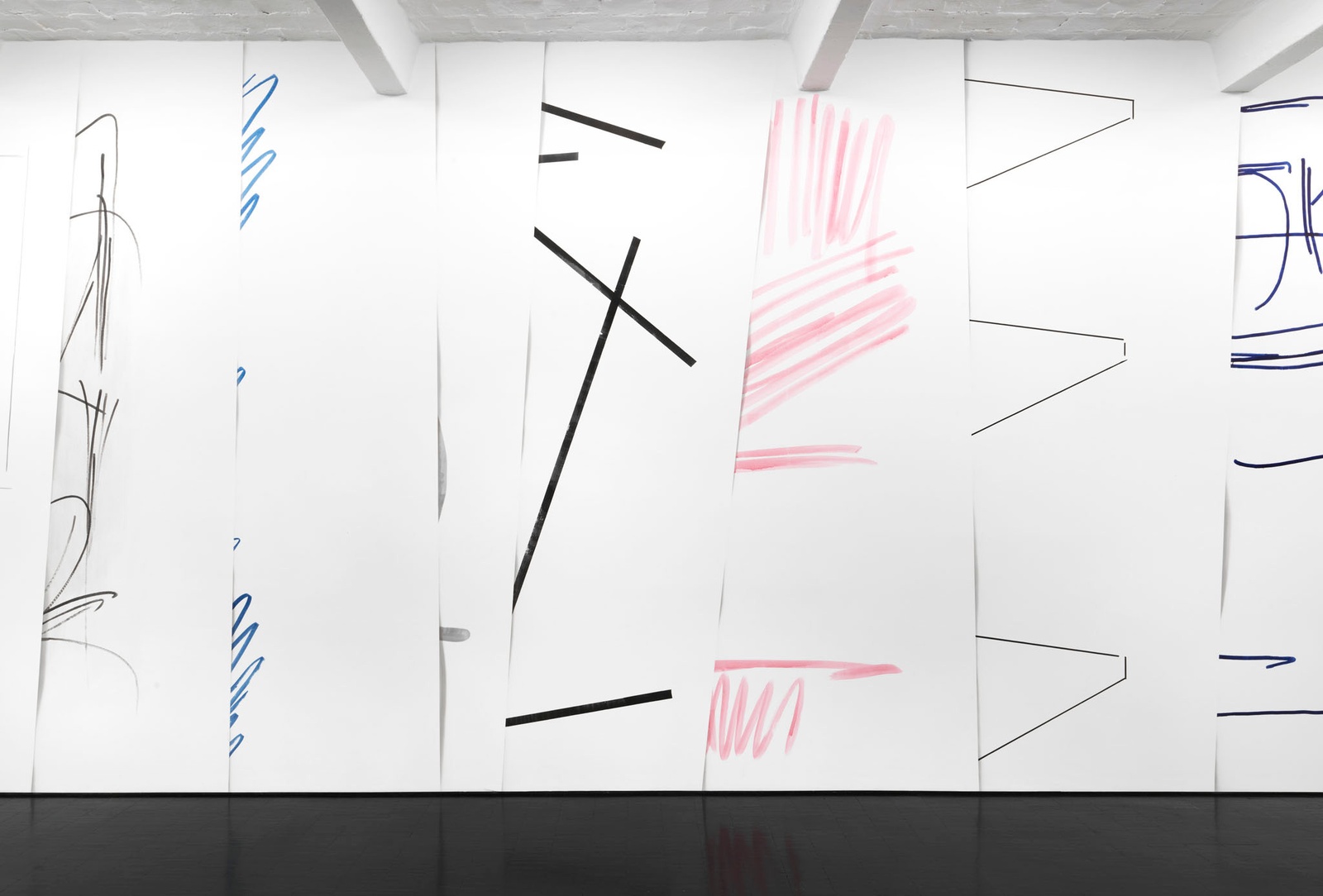
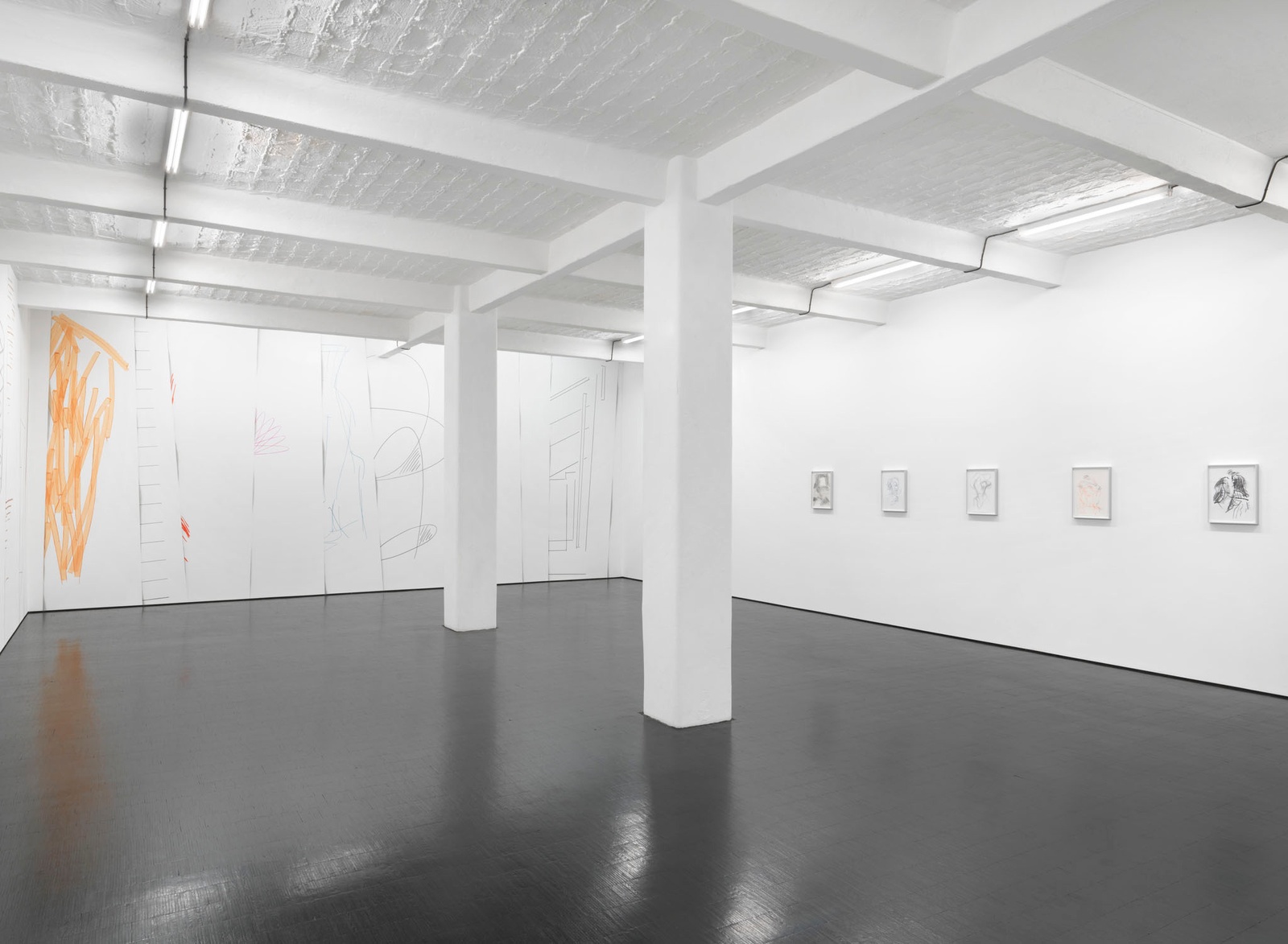
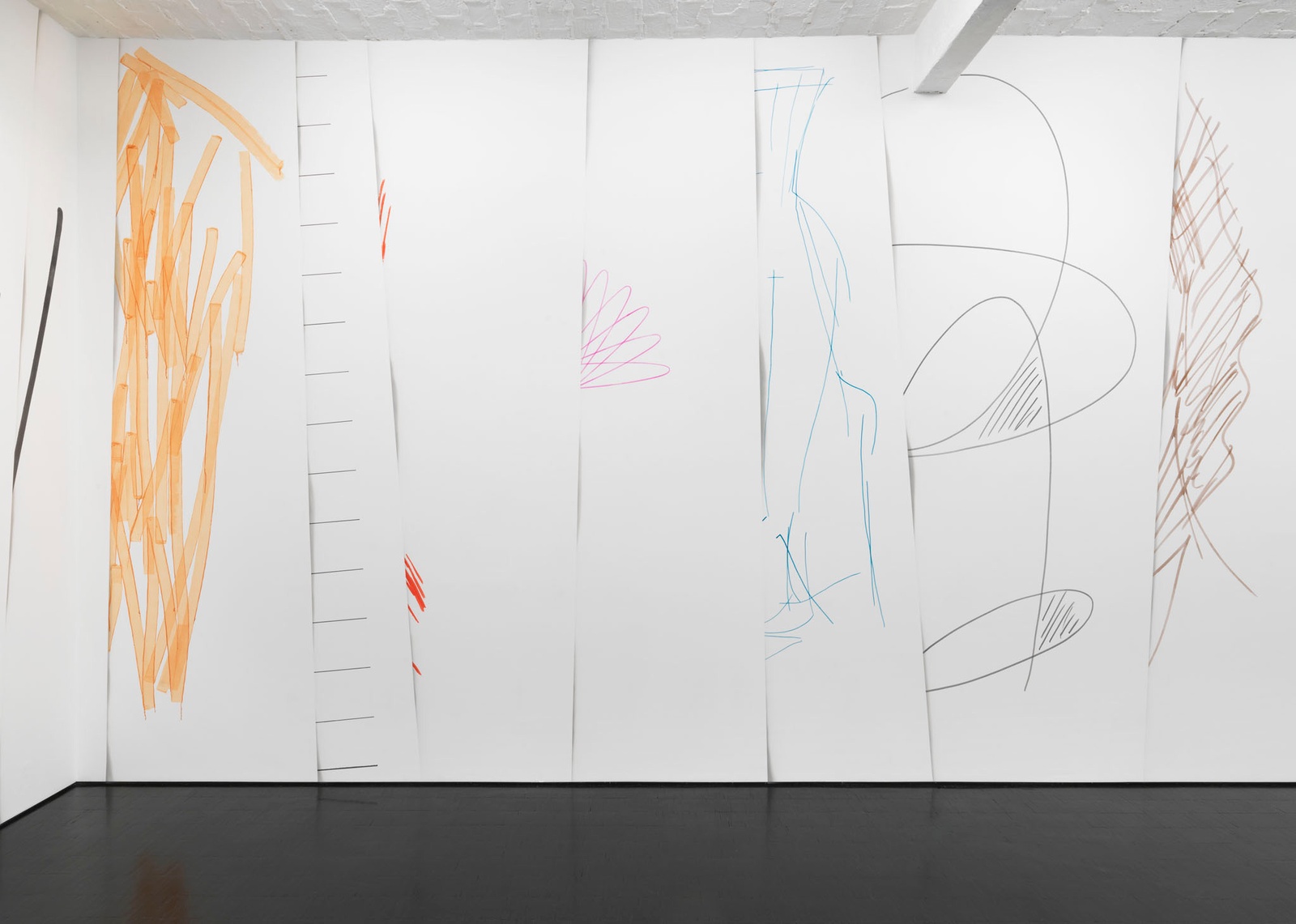

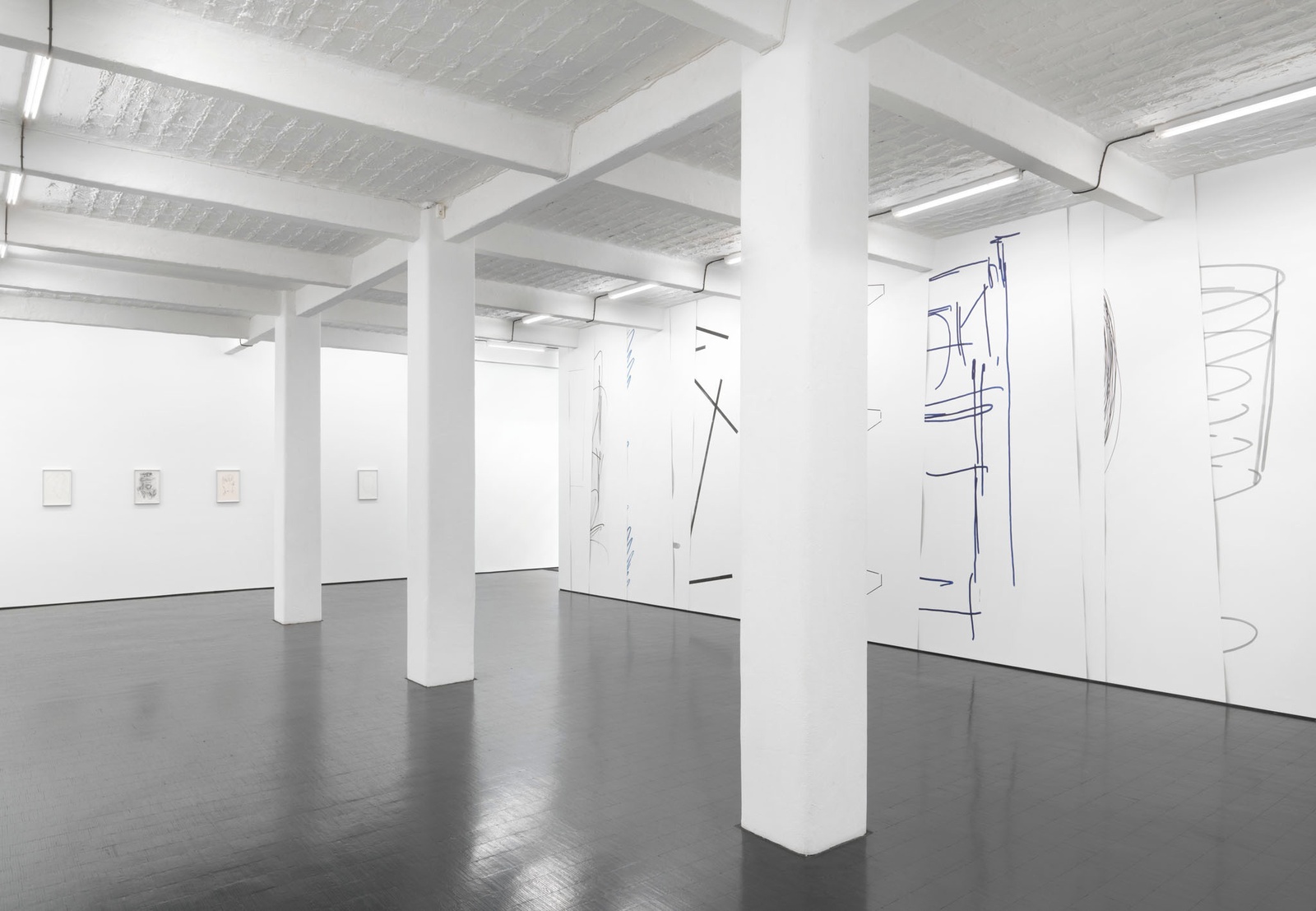
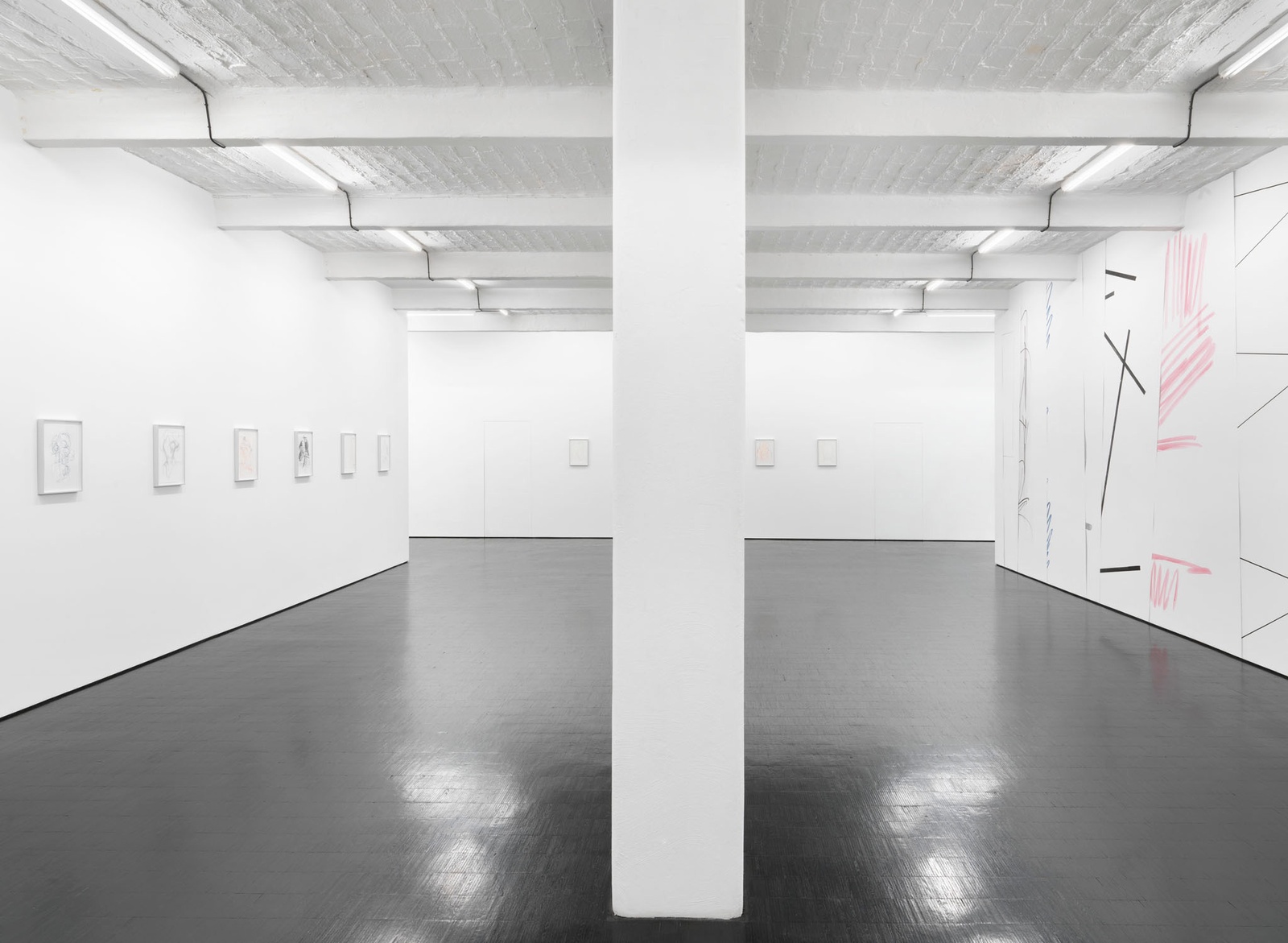
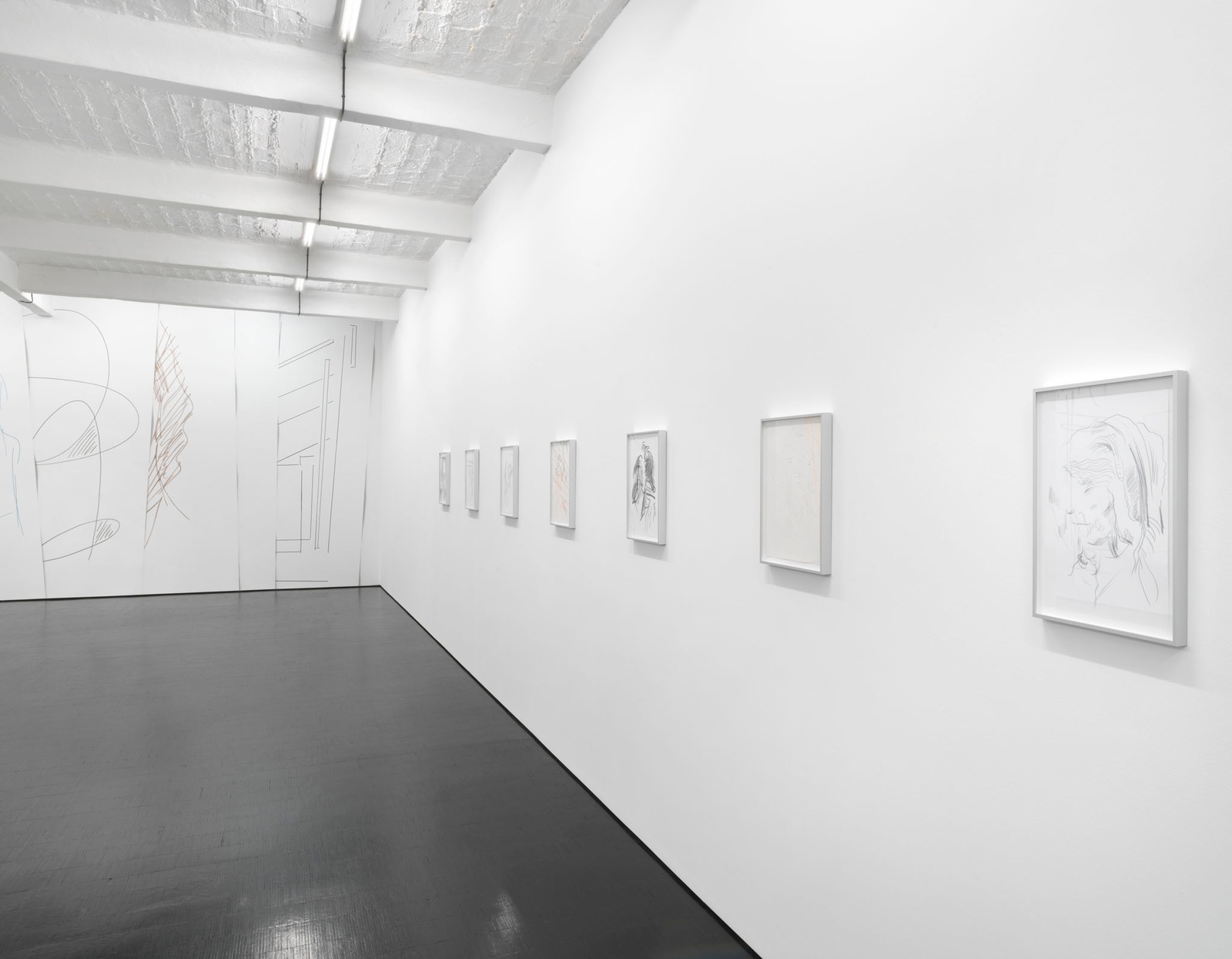
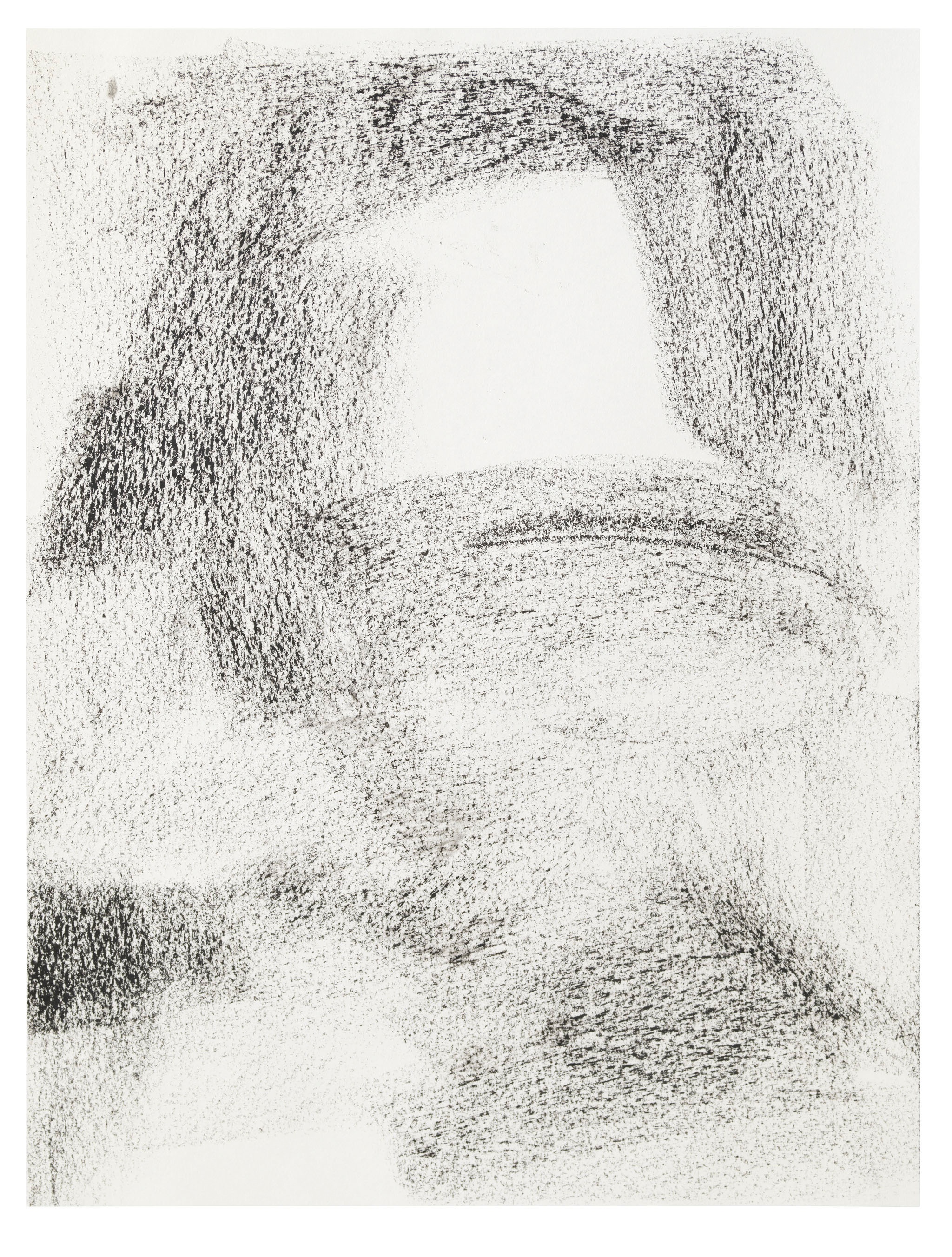
Looks 3, 2020
pastel crayon on paper
42 × 29.7 cm
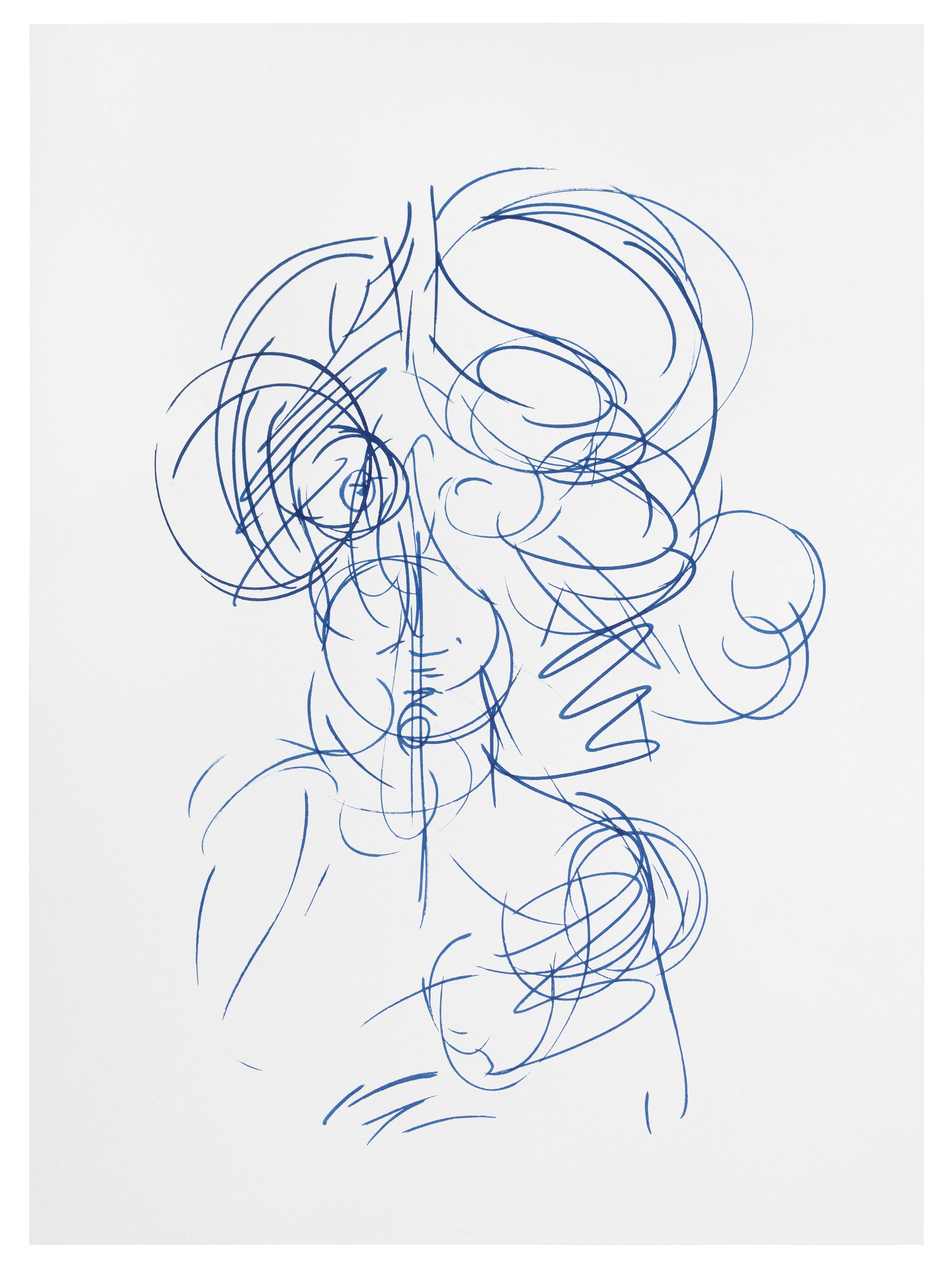
Looks 5, 2020
ink on paper
42 × 29.7 cm
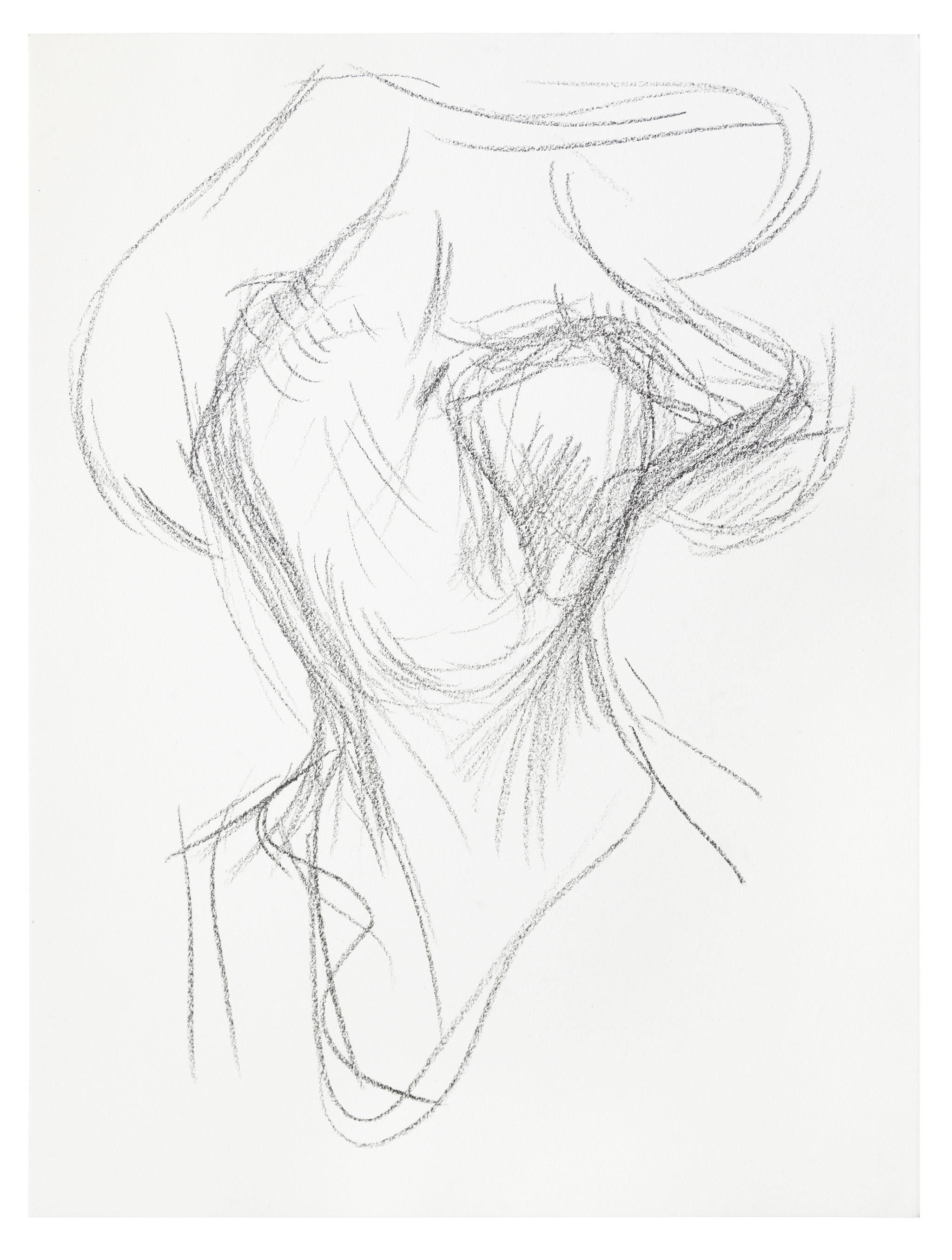
Looks 6, 2020
pastel crayon on paper
42 × 29.7 cm
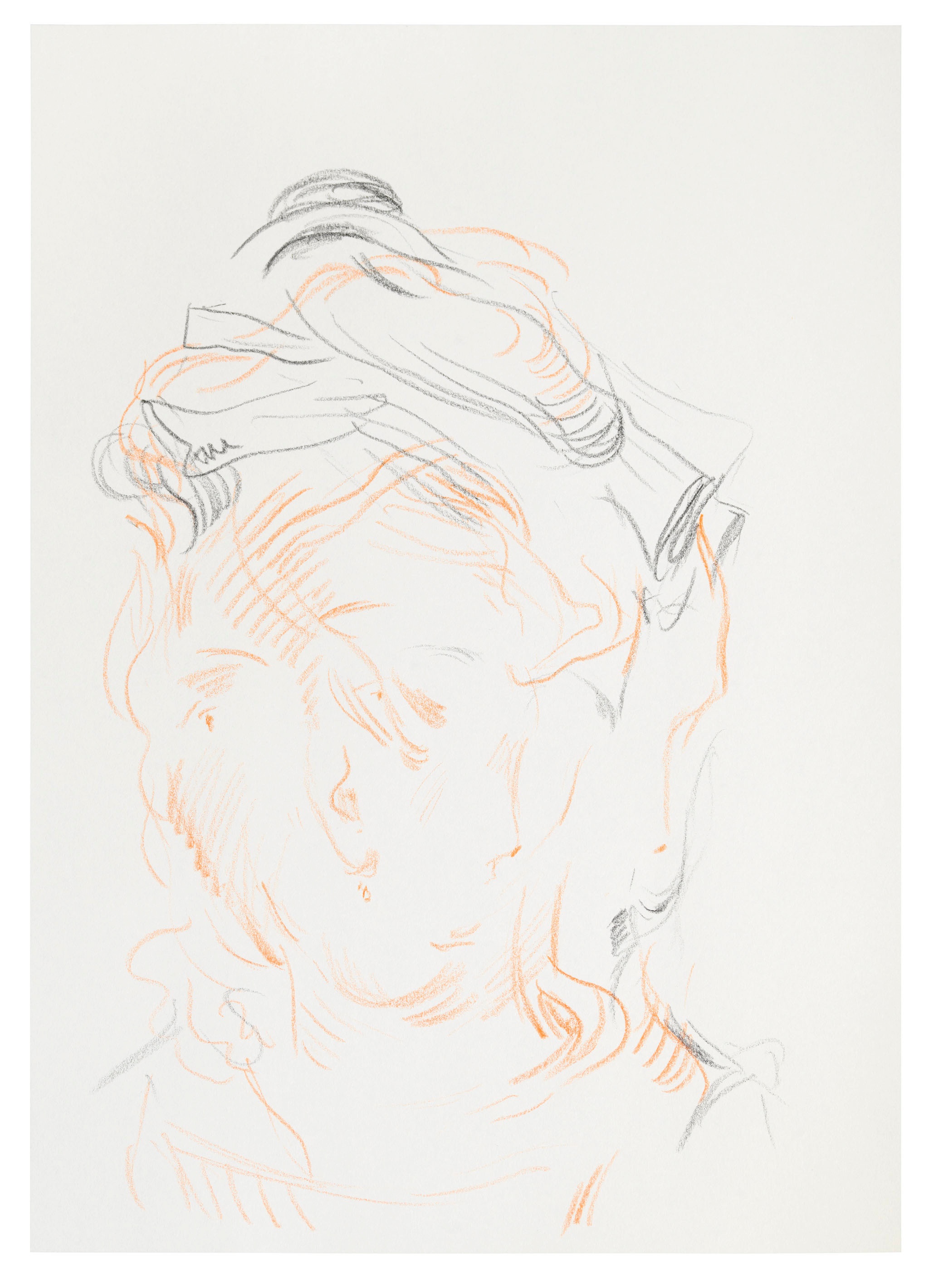
Looks 2, 2019
pastel crayon on paper
42 × 29.7 cm
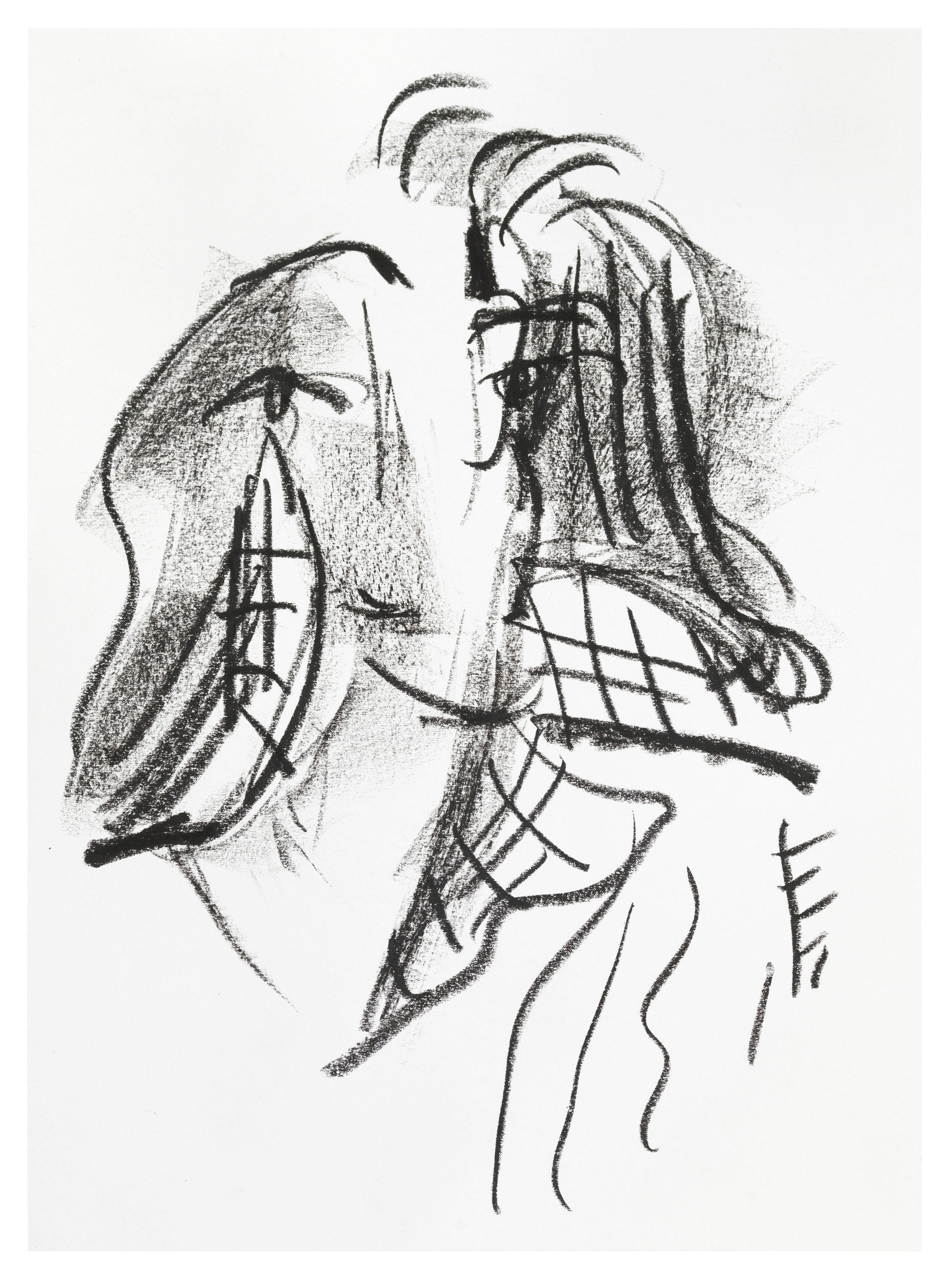
Looks 1, 2019
wax crayon on paper
42 × 29.7 cm
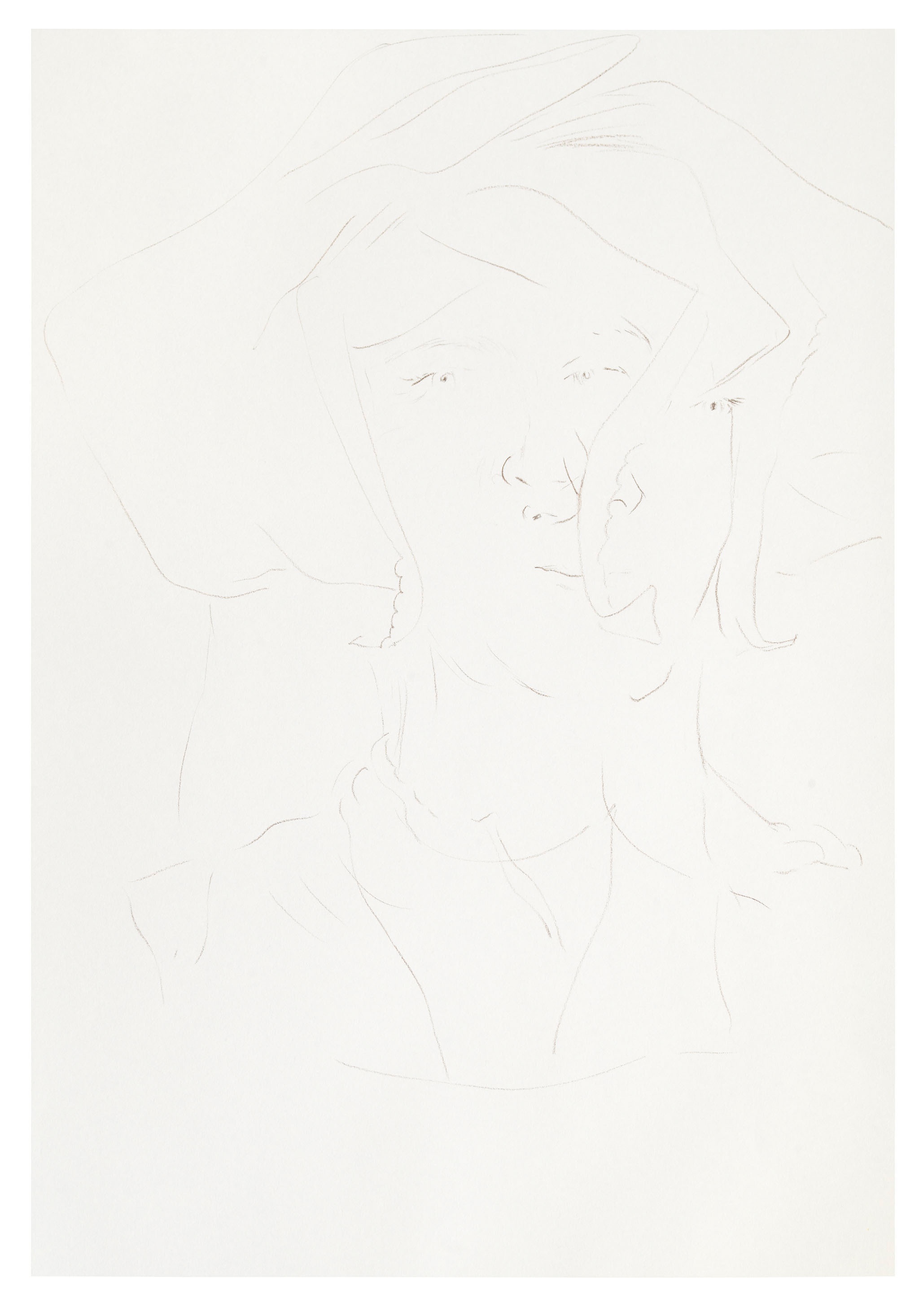
Looks 11, 2020
pastel crayon on paper
42 × 29.7 cm
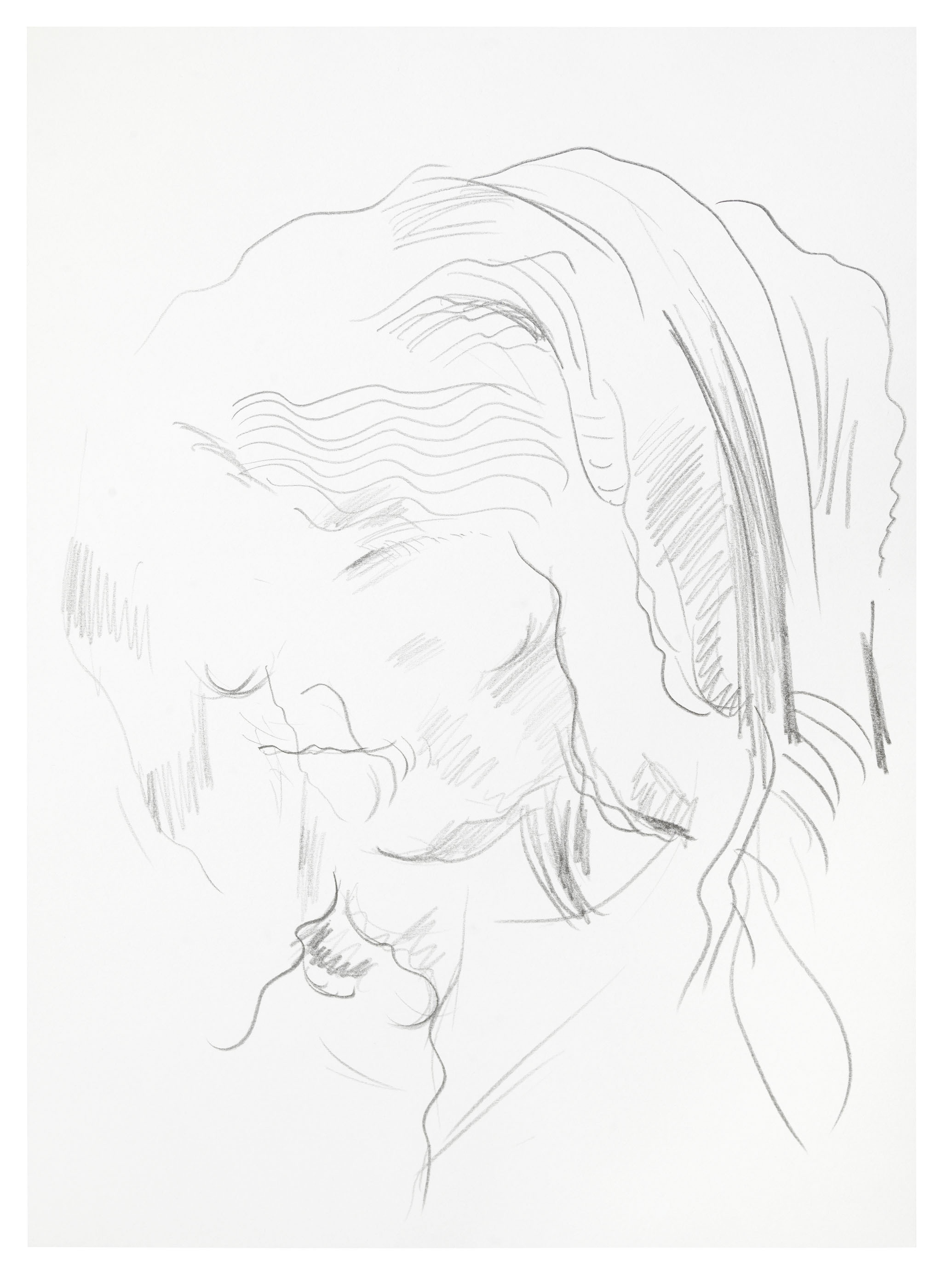
Looks 8, 2019
pencil on paper
42 × 29.7 cm
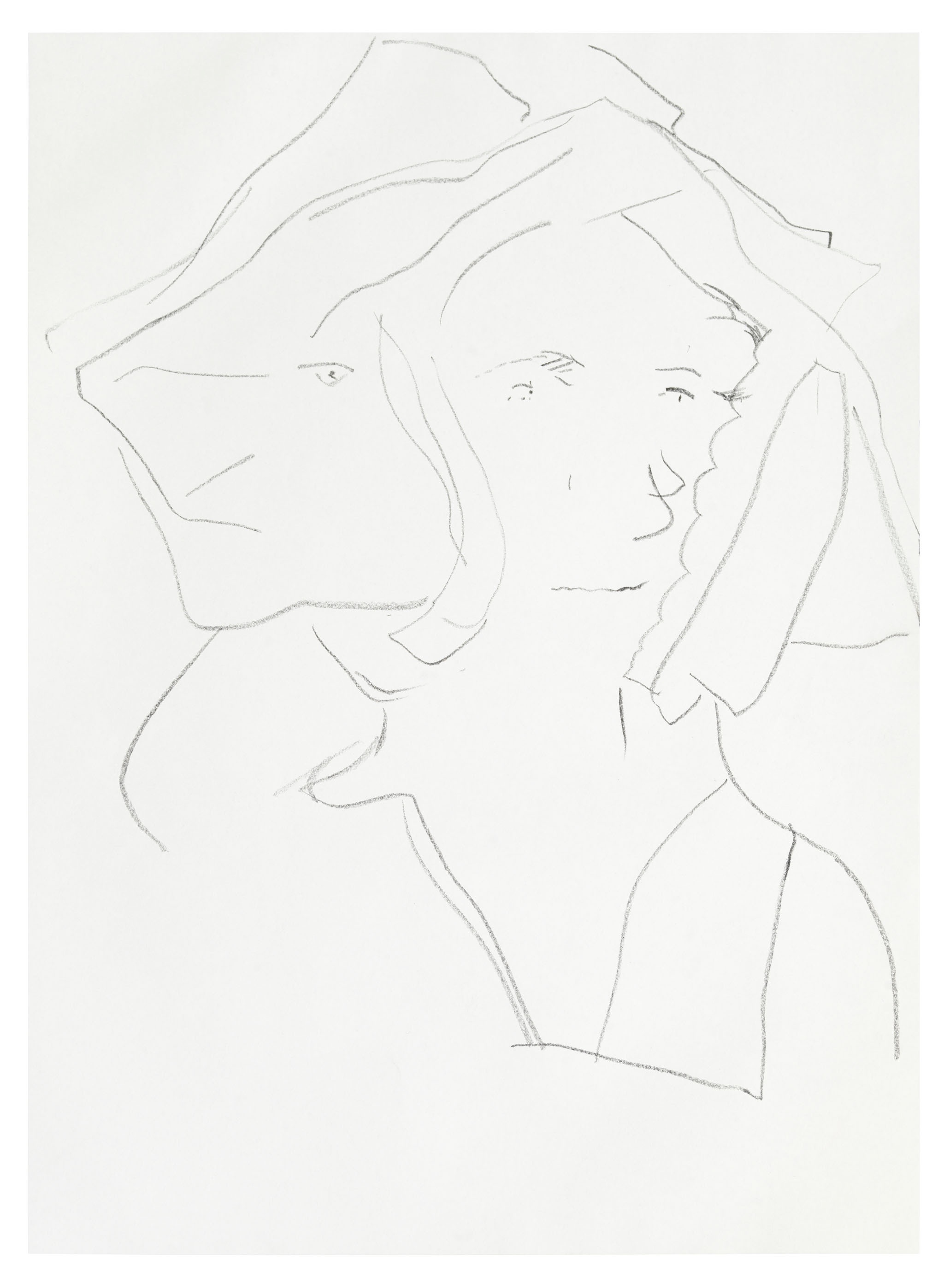
Looks 12, 2020
pastel crayon on paper
42 × 29.7 cm
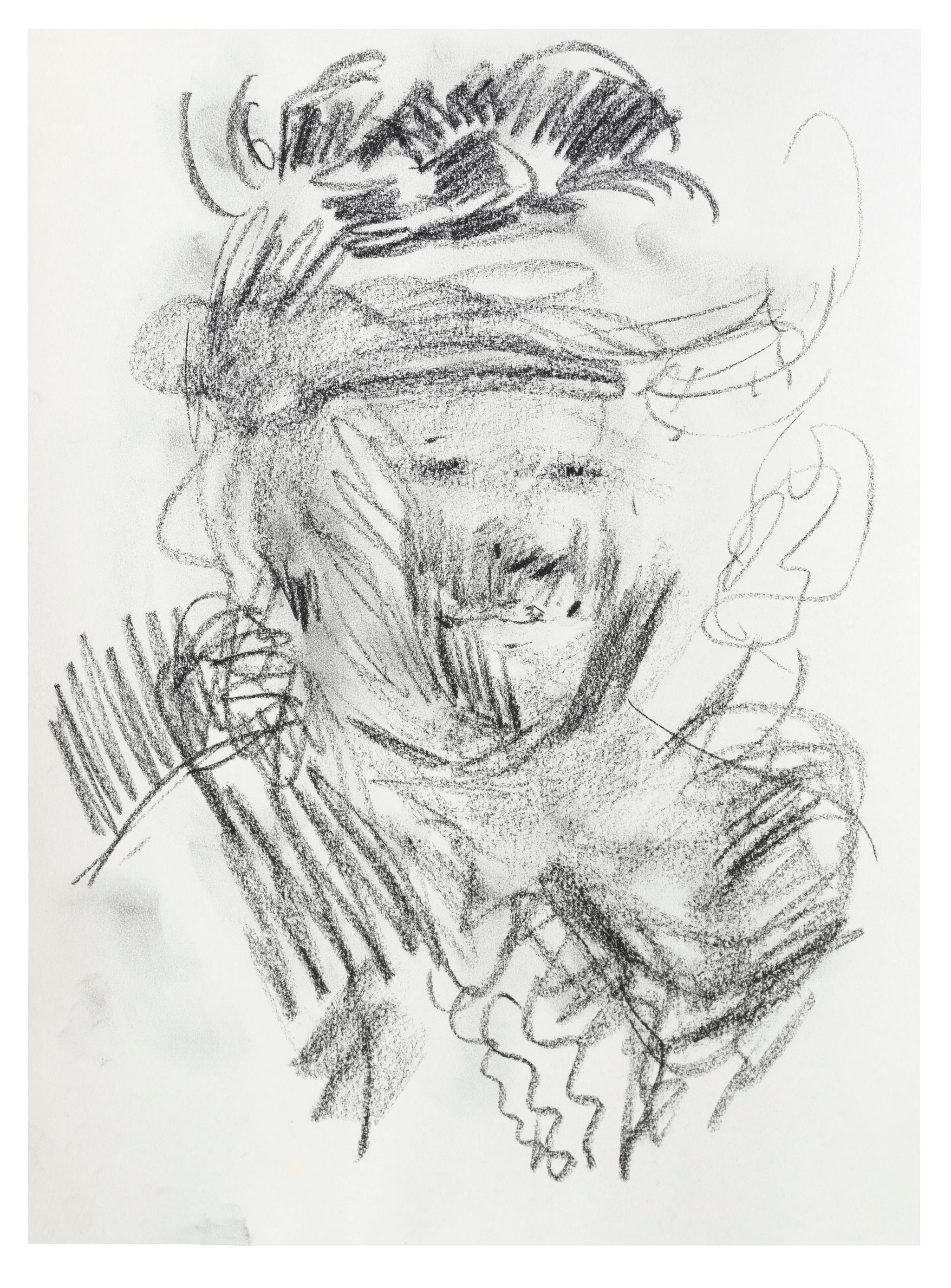
Looks 10, 2020
pastel crayon on paper
42 × 29.7 cm
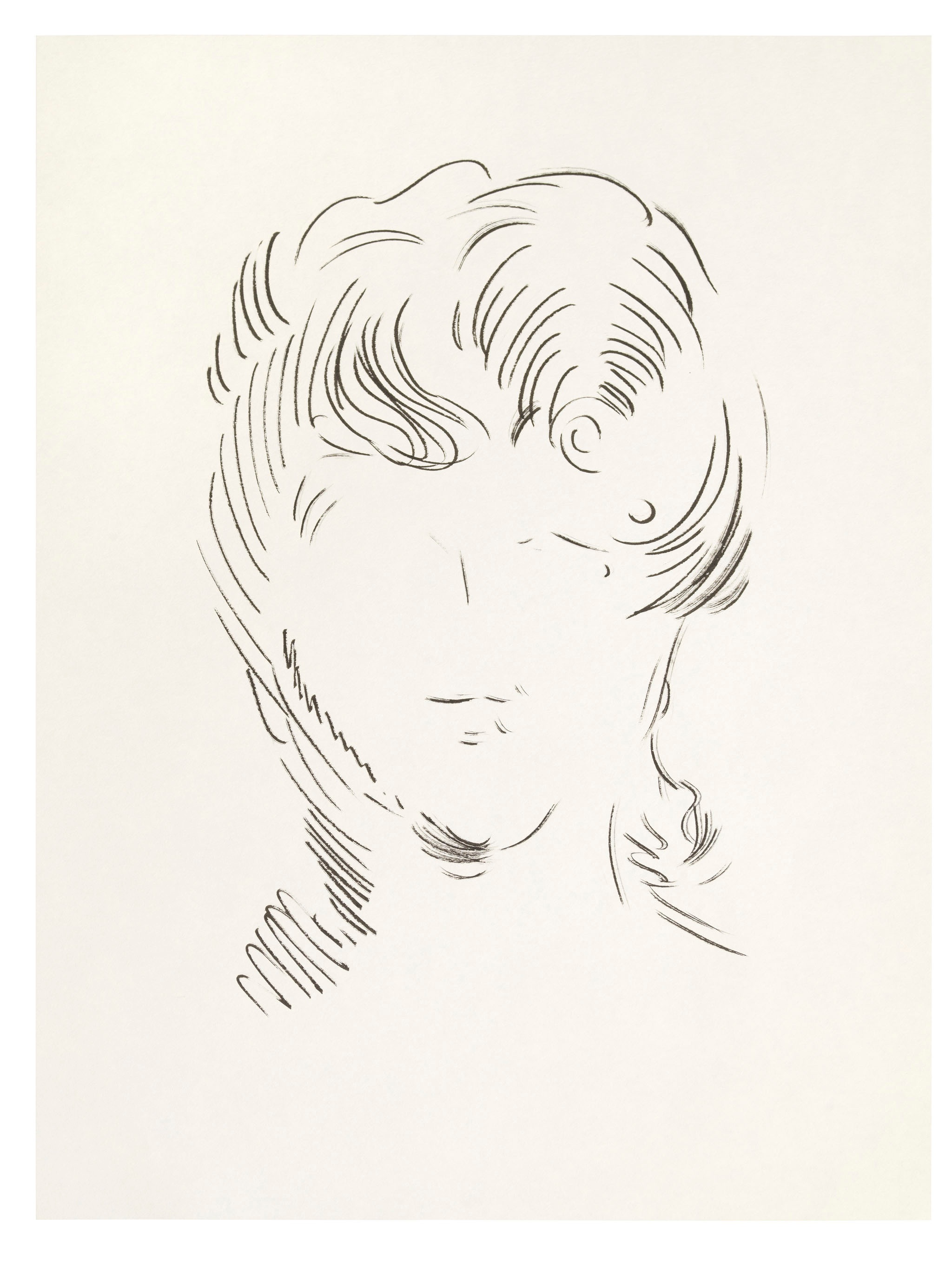
Looks 4, 2017
ink on paper
42 × 29.7 cm
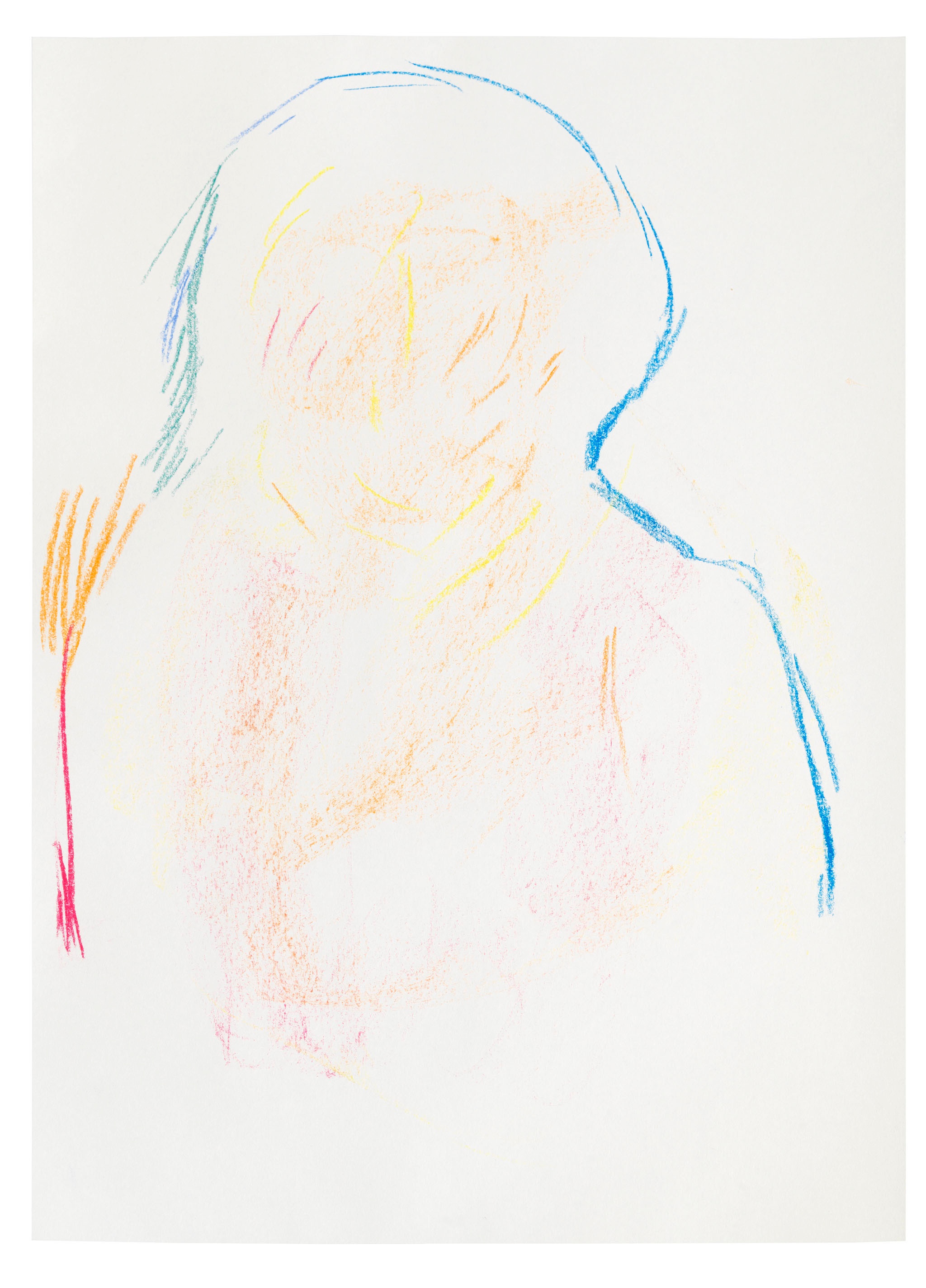
Looks 7, 2020
pastel crayon on paper
42 × 29.7 cm
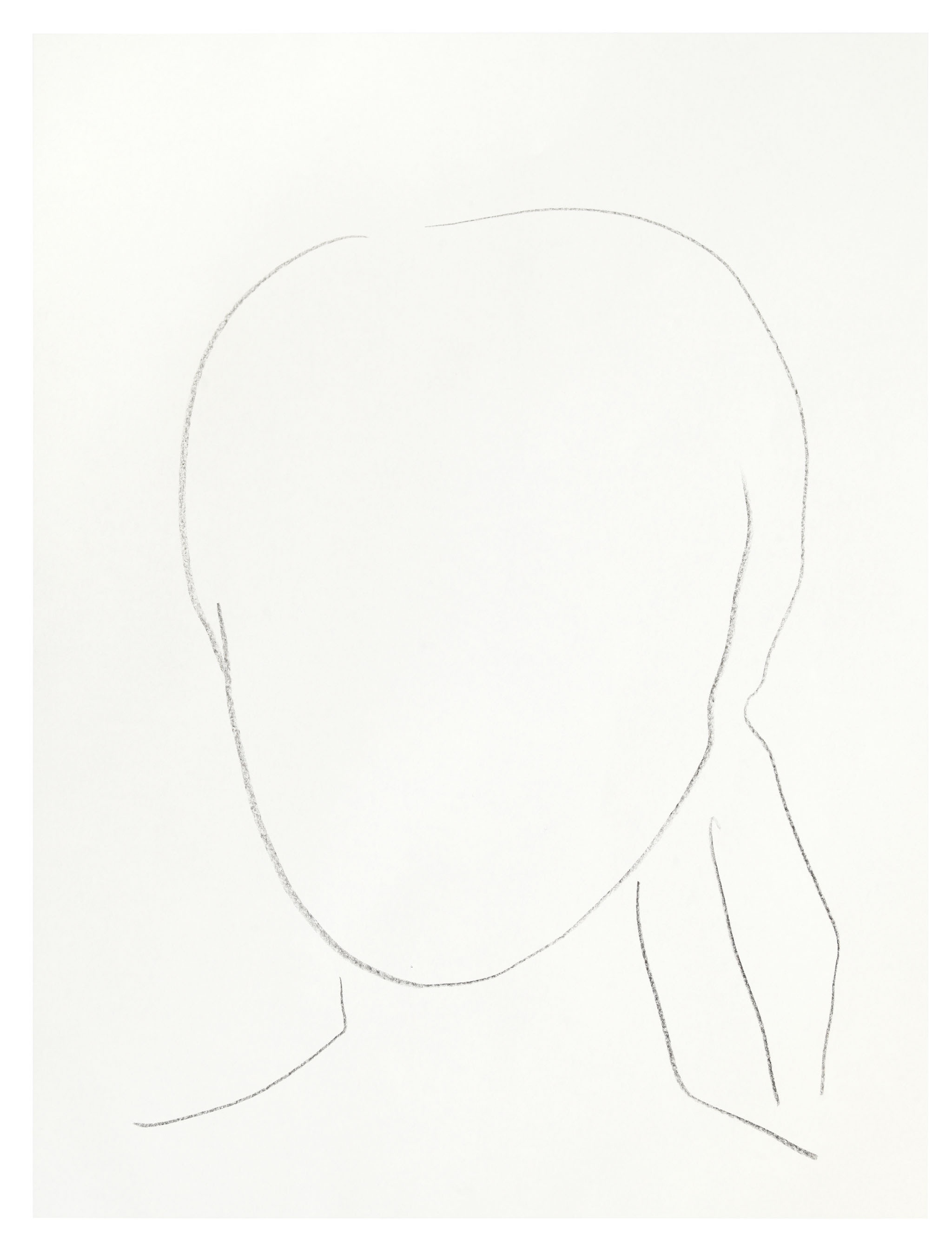
Looks 9, 2020
pastel crayon on paper
42 × 29.7 cm
Galerie Barbara Weiss is pleased to present a solo exhibition with new works by Friederike Feldmann. The title Printemps 2020 cites fashion, but it is not as a metaphor of the ephemeral that fashion figures in this exhibition. Rather fashion figures as a language with its own syntax and lexis. In detailed studies, Feldmann compares the constitutive elements of drawing—form, color, line, shape—with the rhetorics of fashion, its codes, patterns and processes. It is an analogy by means of which the artists invites the viewer to reflect on the structuality of her medium, a reflection that opens onto questions of temporality, materiality and plasticity: Is there something like a rhetoric of drawing, comparable to the language of fashion?
In Collection, 2020, Feldmann explores the margins of her medium. The works only show the outer edges of drawings, which appear to lie on top of each other like sheets of paper spread out on the wall. This effect, which may be read as a reference to the prominence of illusionism in the history of mural painting, is achieved through a shading of the sheets’ edges, resulting in an impression of stratification. Phenomenologically, the artist relies on another illusionist device to interrogate the threshold where passive perception merges with active projection, where reconstruction turns into construction. For just as the eye only reads the first letters of a word to compose a signifying unit, Feldmann zeros in on the margins of drawings to interrogate a mechanism of perception that resembles an art historical form of pattern recognition. Yet the works are situated on the medium’s margin in a broader sense as well, insofar as Feldmann not only includes artistic idioms in her collection. She covers a disparate spectrum: the gestural stands besides the geometrical; the architect’s drawing next to the doodle. What appears in this comparison, however, is not a confrontation of high and low, but rather something like an artistic and playful exploration of drawing as a cultural praxis.
If the mural painting interrogates the characteristics that allow for the recognition of different languages of drawing, the smaller drawings shift the focus to specific Looks, 2017 - 2020. They explore those features that individuate a personal style. All of these works—traces and documentations of very personal encounters—emerged from the engagement with portrait drawings of selected artists. With their strict economy of means, the drawings reduce a personal style to its essence while simultaneously translating it. Beyond citation and appropriation, the artists familiarizes herself with a selected body of work, in order to distill and translate its style, working not with a specific model, but solely on the basis of this practiced proximity. Deliberately, Feldmann’s translation of highly personal styles into her own artistic idiom moves between difference and repetition to pose a fundamental question about what constitutes style, influence and translation in art.